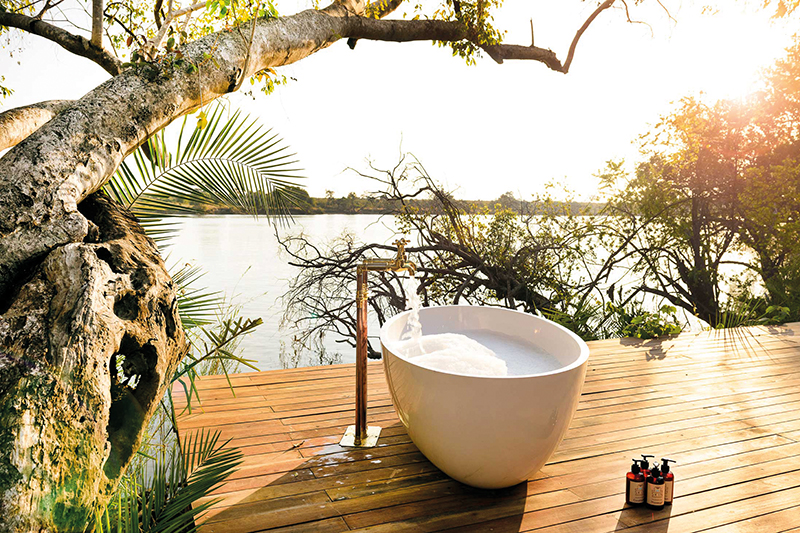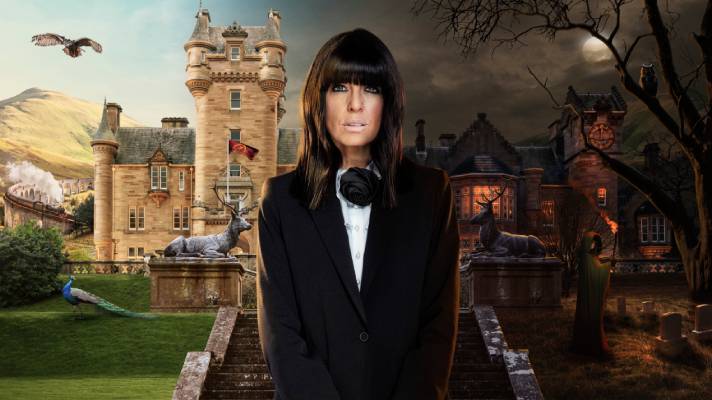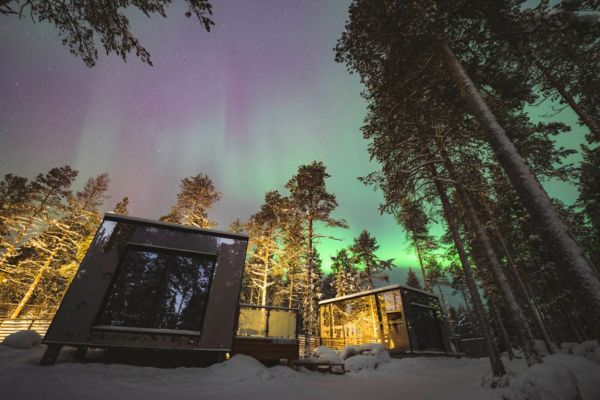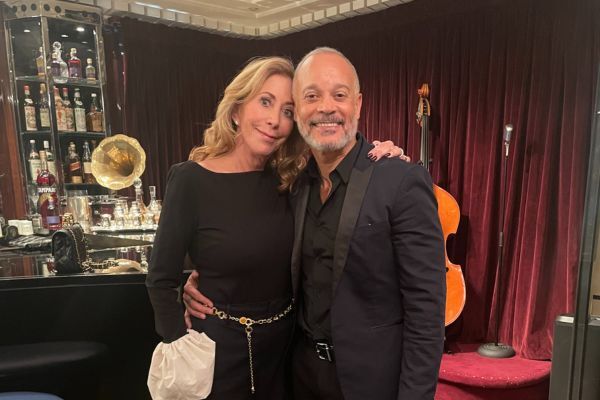Global economy will need $2.3 trillion luxury travel industry
Luxury travel brands and the clients they send around the world will be vital to global recovery, according to a report by ILTM.
Created by Barton Consulting for ILTM, the report highlights how the true value of the “Global Luxury Travel Universe” should be seen as a massive $2.05 trillion – global spend which has come to a standstill during the Covid-19 pandemic.
Barton’s founder Winston Chesterfield said the world’s wealthy will be among the first to “kick-start the industry post Covid-19”, adding “the wealth they control is vital” to recovery.
“This group make such a big economic impact by spreading their wealth to benefit local economies, communities, individuals and businesses,” he said.
Chesterfield highlighted that in addition to the 105.9 million people directly employed in travel (hotels, travel agents, airlines and other passenger transport services), there is a wider ecosystem of people reliant on luxury travel too.
It’s thought that 62 million people, broken down into areas such as restaurants, sporting events, the wellness sector, cultural activities – such as museums and galleries, performance arts – and outdoor pursuits “are partly sustained by the vast contribution from international luxury travellers”.
“This is not a group of national corporations, they are small businesses lower in the economic pecking order who are relying on travellers and are set to lose the most from this,” said Chesterfield.
“We have a big problem here in that the huge chunk of revenue that comes to these businesses are international luxury travellers – at a time when our global activities are being eroded and halted, we have never been more aware of how much they can bring.
“They [affluent travellers] do put a significant amount of money back into the local economy, and for a population of 22.8 million globally, contribute a third of all global travel spend. We can’t just look at luxury travel as a privilege for a few people that has little impact – it does have a huge impact and an important one.”
He added that travel advisors would have a vital role to play in getting the world moving again.
“Travel advisors are going to be interacting with some of the wealthiest travellers in the world, who it stands to reason will be the early adopters of the new world we are going to enter into once this is all over, and are almost guaranteed to be those with the deepest pockets,” he said.
“These are the people who will say ‘I need to get out into the world’ for both personal travel and business, or a combination of both, as HNWIs tend to do,” Barton explained. “The early wave of wealthy people who are less concerned about personal economic consequences will be at the vanguard of the new travel world, and taking their wealth to places around the world that have been starved of revenue for so long.”
An interview with Chesterfield about the report has been released in a podcast for anyone across the sector to listen to, and potentially “take away inspiration to start planning for the recovery”, said ILTM’s portfolio director Alison Gilmore.
“We wanted to contribute to our industry and provide some new insight, facts and figures that we hope will give comfort to those who have suffered as a result of the Covid-19 shutdown of this industry,” she added.
Go to ILTM’s dedicated website to view the report and listen to the podcast.















